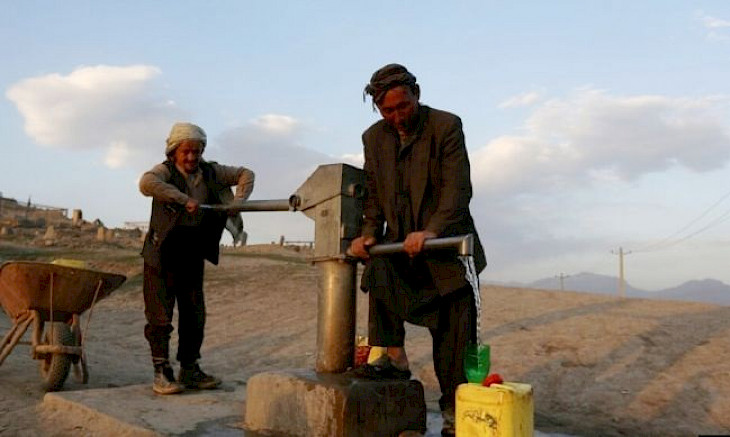Afghanistan is experiencing a severe water crisis, and without intervention, Kabul’s groundwater resources could be depleted by 2030, according to a UNICEF statement reported by Ariana News.
Roza Otunbayeva, head of the UN Assistance Mission in Afghanistan (UNAMA), and Tajudeen Oyewale, UNICEF head in Afghanistan, inspected the city’s water supply system. Both officials expressed concern over the worsening water shortage in the capital.
The UNICEF head emphasized that rapid urbanization and climate change are accelerating groundwater depletion in Kabul, warning that, without immediate action, reversing this process will be impossible.
Rapid population growth, unplanned high-rise construction, urban development without proper planning, and excessive use of groundwater resources are key factors contributing to the decrease in both the quantity and quality of groundwater in Kabul. Although Kabul has faced water shortages for years, the crisis has recently intensified.
The Ministry of Energy and Water of the "Islamic Emirate of Afghanistan" recently announced that it is working on a project to divert water from the Panjshir River to Kabul.
CentralasianLIGHT.org
October 31, 2024

